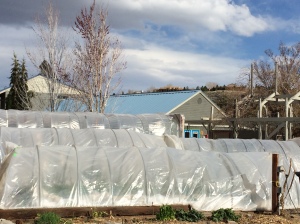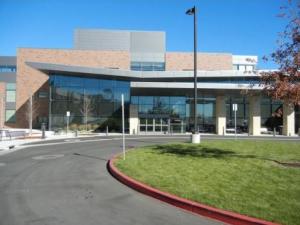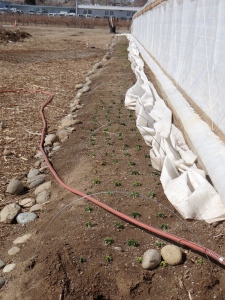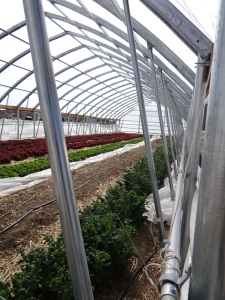Bees. Many of us are afraid of them. We’re afraid to be stung by them because we don’t know if we’re allergic or not. But did you know that bees are actually very helpful and bring antioxidants as well as antibiotics to us?
The Mason Valley Beekeepers are a group of people who meet up in Yerington, Nevada to tend to the thousands of bees that they have. Debbie Gilmore’s family has been running the Beekeepers for decades, ever since her grandfather started it.
“My grandfather removed to Mason Valley in 1918, an he was a beekeeper,” Gilmore said. “My family were beekeepers all the way up until the mid-70s when they sold the business. Eight years ago, my husband and I decided to get a few colonies of bees in our backyard, and then there ended up being more and more interest, so we started a support group that’s now the Mason Valley Beekeepers.”
The group has expanded over the last few years, starting with only 10 people and growing up to more than 70 families, all of them being within the Northern Nevada area.
Every year in February, the Mason Valley Beekeepers hold a conference in Yerington where beekeepers from all over the state of Nevada, Northern California and even people as far as Seattle come to.
“There is such an interest in beekeeping, and it’s crazy,” Gilmore said. “We had over 125 people attend this year.”
The Mason Valley Beekeepers are more hobby beekeepers than anything, and the majority of them will support their families and friends with honey, as well as a substance called Propolis that acts as an antibacterial that the bees use as a sterilizer.
“People can make anything out of what the bees harvest. They make lip balms, lotions and soaps all with beeswax,” Gilmore said.
Anyone can become a beekeeper. You just need the correct equipment and the bees. You could get a package of over 12,000 bees and the queen, capture a swarm, or receive a hive from another beekeeper to start up the process.
“You need to keep an eye on the bees all year,” Gilmore says. “In the winter you have to feed the bees sugar syrup and pollen substitute since there is no way to get nectar in such cold weather, so beekeeping ends up being a yearlong task.”
When it comes to beekeeping, it could be dangerous because some people don’t know if they have a true allergic reaction, but I learned from Debbie that bee stings are actually therapeutic.
“Bee sting venom is being used to treat arthritis, multiple sclerosis and more; a lot of medicinal products come out of the beehive that many people don’t know about,” Gilmore said. “Honey and propolis are also medicinal because they are antibacterial and anti-fungal.”
Beekeeping can be seen as dangerous, or can be seen as just a busy hobby. But from what I have found out, more goes on within beekeeping than what many think. The Mason Valley Beekeepers helped bring what began as just a hobby, to a community full of people who love doing the same thing.
“My one tip for those who want to start up in beekeeping is to find one or two good books, and stick to them,” Gilmore said. “It isn’t an exact science, and you can make your own way of doing things, it’s that amazing.”
Happy Farming!!
Written by: Alexa Jones


























